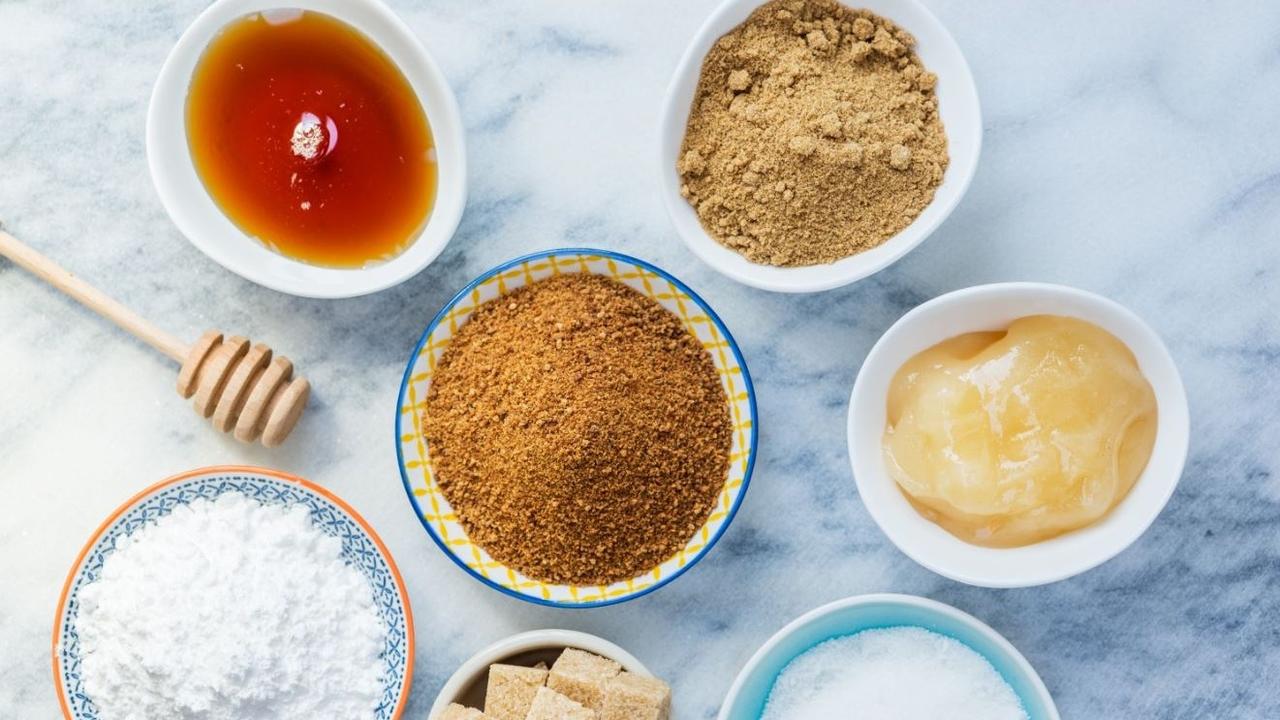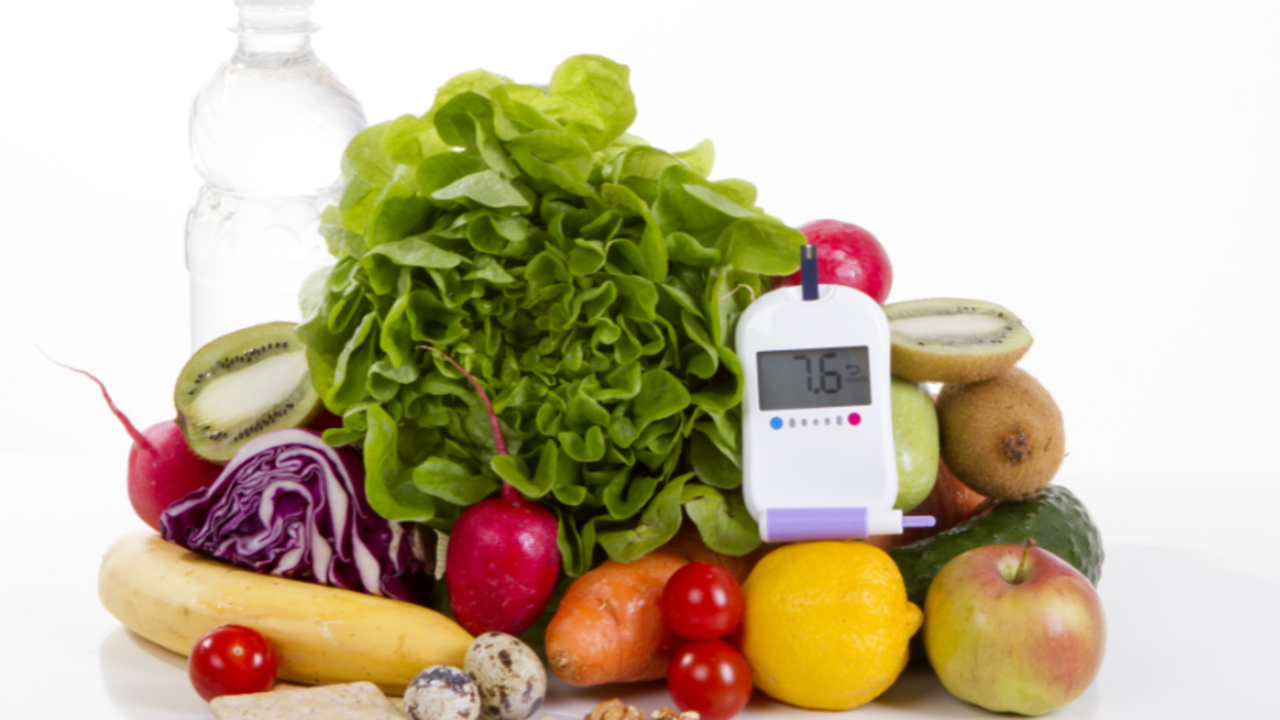Sustainable Nutrition Blog...
..............
A 20-ounce bottle of soda usually has 16 teaspoons of added sugar.
A 20-ounce lemon-flavored iced tea can have 14.5+ tablespoons of added sugar.
Even a 20-ounce bottle of a sports drink can have 7.5+ teaspoons of added sugar.
Our bodies were not designed to handle large amounts of 'added' sugar,...
Did you know that chocolate is the number one food craved by women between the ages of 25 and 40 years old? Well just about every woman in that age range knows this. It’s delicious.
Chocolate Overload...
We are bombarded with chocolate this time of year. Buying chocolate for our sweetie is well…j...
Happy Halloween! It's that time of year when American's will exchange and consume 600 lbs of sugar.
Today’s let’s learn how we can combat this volume of sugar by making healthier choices during mealtime.
We’ve all been there before. You want to lose weight, so you start eating more salads for your...
Are certain foods making you feel bad?
If you’ve suddenly found that you can’t eat certain foods that you used to love, then you aren’t alone. You may be dealing with a food intolerance.
Food Intolerance vs Food Allergy...
It’s important to understand that a food intolerance is different to a f...
Are you relying on discipline (a.k.a willpower) to eat healthy and become your best self?
If so, keep reading to learn a few important things you need to know about willpower.
This might sound familiar, because you’ve been there, I’ve been there, we’ve all been there. You vow to take a break from ...
Do you know that feeling?
The one where you’ve finished a healthy dinner and then thought to yourself, “I’m hungry, I need a snack,” and before you know it, the entire bag of chips or carton of ice cream is gone only to stop and think, “wow, who just ate that?”
I’ve lost count of the clients tha...
Is your stress, hijacking your gut health?
If you’ve ever listened to an older friend or family member speaking of the “good ole days,” they might have referred to them as being simpler times. I know when I look at the world my kids are growing up in, it seems more complicated and difficult.
Alon...
Is your child's nutrition allowing them to learn, grow, and thrive?
It’s shocking that despite all the medical advances over the last century, today’s children are expected to have a shorter life expectancy than their parents. A big contributor to this problem is poor nutrition, but it doesn’t hav...
Are you diabetic or have a close family member or friend who is?
Let's bring attention to diabetes and its impact on millions of Americans. Today, one in eleven Americans have diabetes, and according to the Center for Disease Control it is the 7th leading cause of death just behind stroke and Alzh...
Are Your ‘Gut’ and Your Brain Really Connected?
We’ve all experienced it…that moment when you can’t think of the word and you just sort of babble as you try and get your thoughts straight. This mental “clouding” has been labeled brain fog. It slows you down and can be very frustrating.
Often,...
What comes to mind when you think of healthy nutrition while you’re traveling?
If you’re like most people, you might be wondering “isn’t that an oxymoron?”
That’s because we’ve all been there before. When on vacation it’s usually a food free-for-all. You’re either starving or completely uncomfort...
Why should we avoid food chemicals, food additives, and food preservatives?
Additives such as flavors, colors, sweeteners, and hydrogenated oils, emulsifiers, and other additives have been used for many years in the American food industry.
They are added to improve the appearance, flavor, packag...













